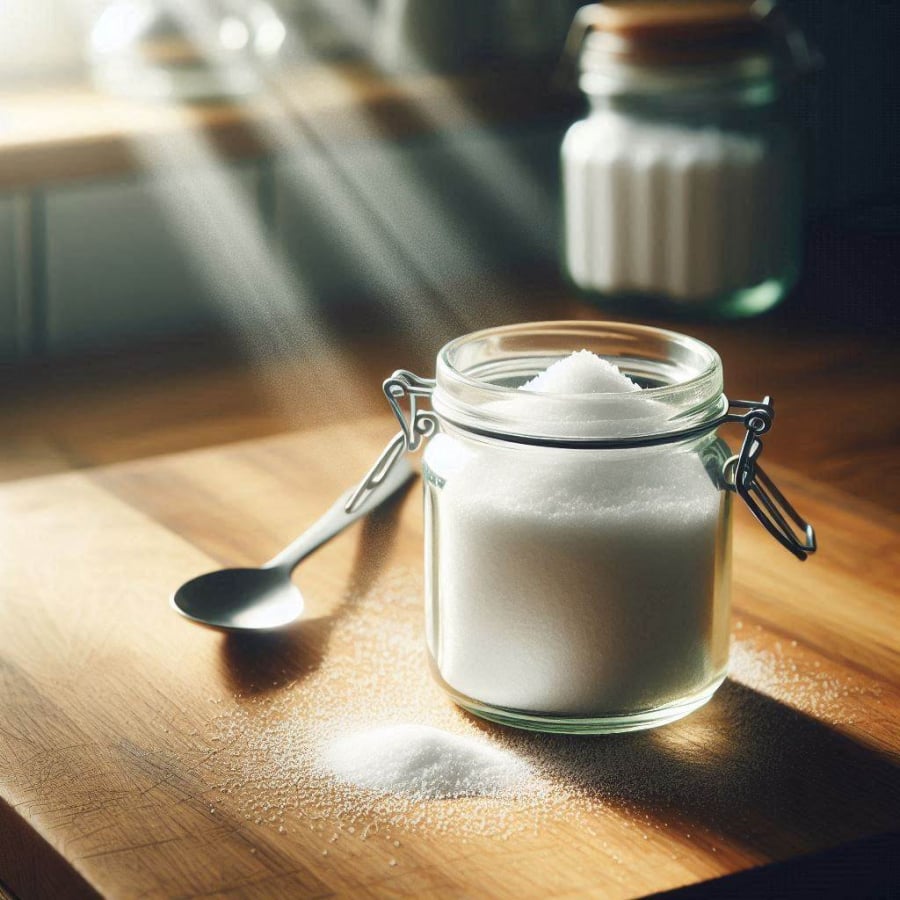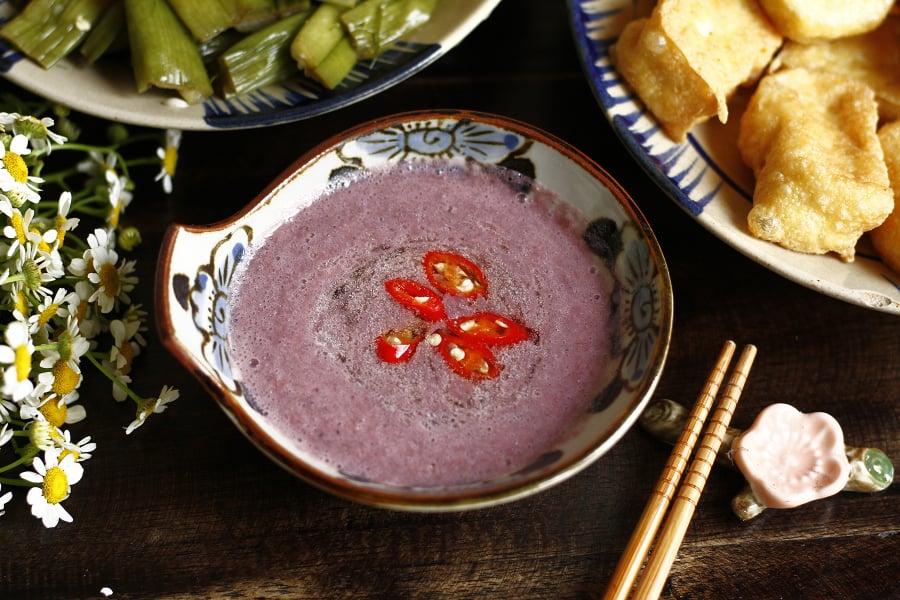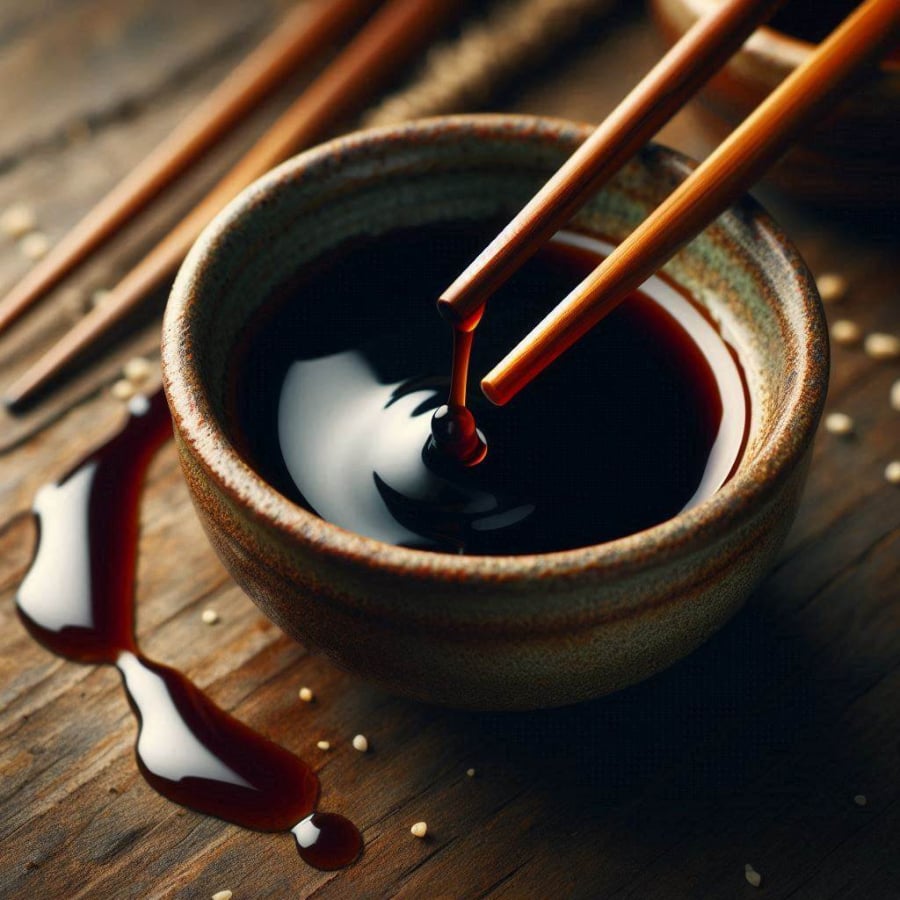The liver is vital for human health, taking on critical roles in metabolism and detoxification. When the liver functions optimally, we feel energized and vibrant. However, when it’s overburdened or compromised, fatigue and depletion can set in swiftly. Given the liver’s significance, adopting healthy dietary habits is crucial for its well-being.
Unfortunately, many individuals fall prey to unhealthy habits due to various reasons, unwittingly harming their liver in the process. Chief among these detrimental habits is the excessive consumption of the following three condiments, which have become commonplace in daily diets:
**Salt**
Salt has long been a staple in our meals, enhancing flavors and providing essential minerals. Yet, its excessive intake can have detrimental effects, particularly on those with compromised liver function or liver-related ailments.

Salt – A Longstanding Staple in Daily Meals
A high-salt diet can hinder the liver’s detoxification process, gradually diminishing its performance. For those already grappling with liver issues, water retention may lead to edema, placing additional strain on the heart.
Moreover, excessive salt intake impacts the kidneys, compelling them to work harder to filter blood due to increased bodily fluid levels. Salt also interacts with Helicobacter pylori bacteria, potentially causing stomach and duodenal ulcers, a severe health concern. To safeguard your health, it’s advisable to limit salt intake to no more than 5 grams daily.
**Shrimp Paste**
Shrimp paste, with its distinctive flavor, tends to be polarizing—loved or loathed. However, those who acquire a taste for it may find themselves craving this condiment. Despite its popularity, shrimp paste ought not to be a dietary staple, chiefly due to its high salt content. If excessively salty, shrimp paste can yield significant levels of nitrites, compounds associated with cancer risks.

Shrimp Paste – A Beloved Yet Indulgent Condiment
Furthermore, the market is inundated with shrimp paste products of dubious origins, manufactured under unsanitary conditions. Opting for these solely based on their affordability may compromise your health and wallet.
To safeguard your well-being, seek out reputable brands offering cleaner, less salty shrimp paste. When indulging in this savory treat, moderation is key to sidestepping its adverse effects, including the heightened risk of cancerous cell development.
**Soy Sauce**
Numerous households have embraced soy sauce or oyster sauce, assuming they are milder and healthier alternatives to fish sauce. However, many commercially available varieties are high in salt, an element the World Health Organization (WHO) recommends limiting. Excessive salt accumulation can impair the liver’s cell membrane permeability, leading to diminished liver function.

Soy Sauce – A Salty Surprise
Additionally, soy sauce is predominantly crafted from fermented soybeans, a process that boosts amino acid content but also potentially forms nitrites, compounds linked to cancer risks.
Therefore, it’s imperative to monitor your soy sauce and salt intake. Overindulgence in these condiments can inflict damage on vital organs and heighten health risks, including cancer. This warrants serious consideration in our daily dietary choices.
To maintain liver health, incorporate these two simple yet potent habits into your daily routine:
**Hydrate Adequately**
Developing a daily hydration habit is paramount. Water not only hydrates but also fosters better blood circulation, optimizing liver cell performance. This aids the liver in swiftly expelling toxins.
For optimal liver detoxification, aim for 2 liters of water daily, spread across multiple drinking sessions. Aim for portions of 150-200ml each; avoid chugging large amounts at once.
**Exercise Regularly**
The liver is pivotal for metabolism and detoxification. Regular exercise bolsters the liver’s metabolic capabilities and enhances its toxin elimination prowess. Moreover, physical activity boosts immunity, arming the liver to combat harmful agents more effectively.
A robust immune system empowers the liver to better resist viral infections. Consistent exercise also lowers the likelihood of non-alcoholic fatty liver disease, thereby proactively safeguarding liver health.
Keep these two straightforward yet impactful tips in mind to foster a healthy liver!
The Perfectly Cooked Pork: Transforming Tough Meat into Tender Delicacy
To cook up a storm and impress your taste buds, it’s not just about choosing the right ingredients. It’s time to unlock the secret to mouth-watering, tender, and flavorful meat. Imagine transforming tough cuts into melt-in-your-mouth delights with a simple trick – adding these spices while boiling. Not only will they eliminate any unpleasant odors and impurities, but they’ll also infuse your dish with a heavenly aroma and a delicate sweetness. It’s time to elevate your culinary creations!





































